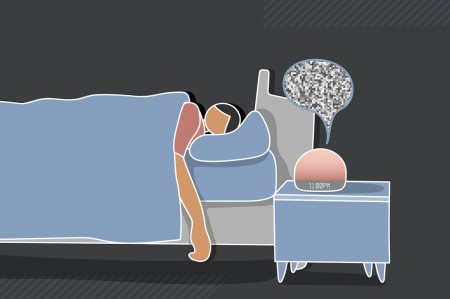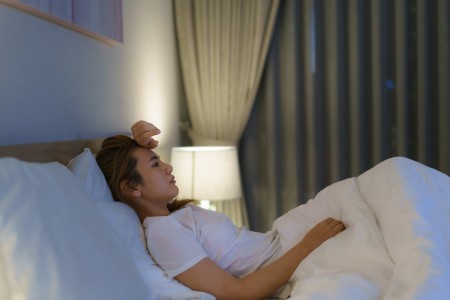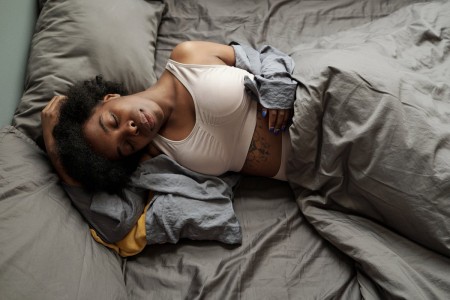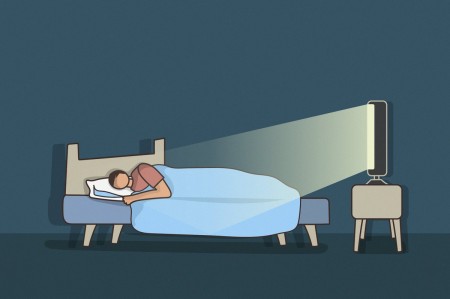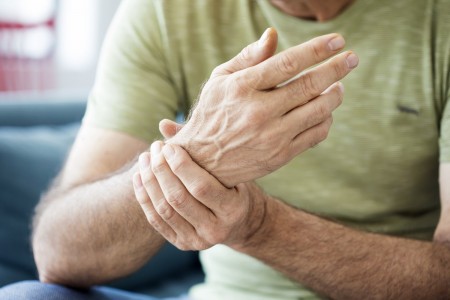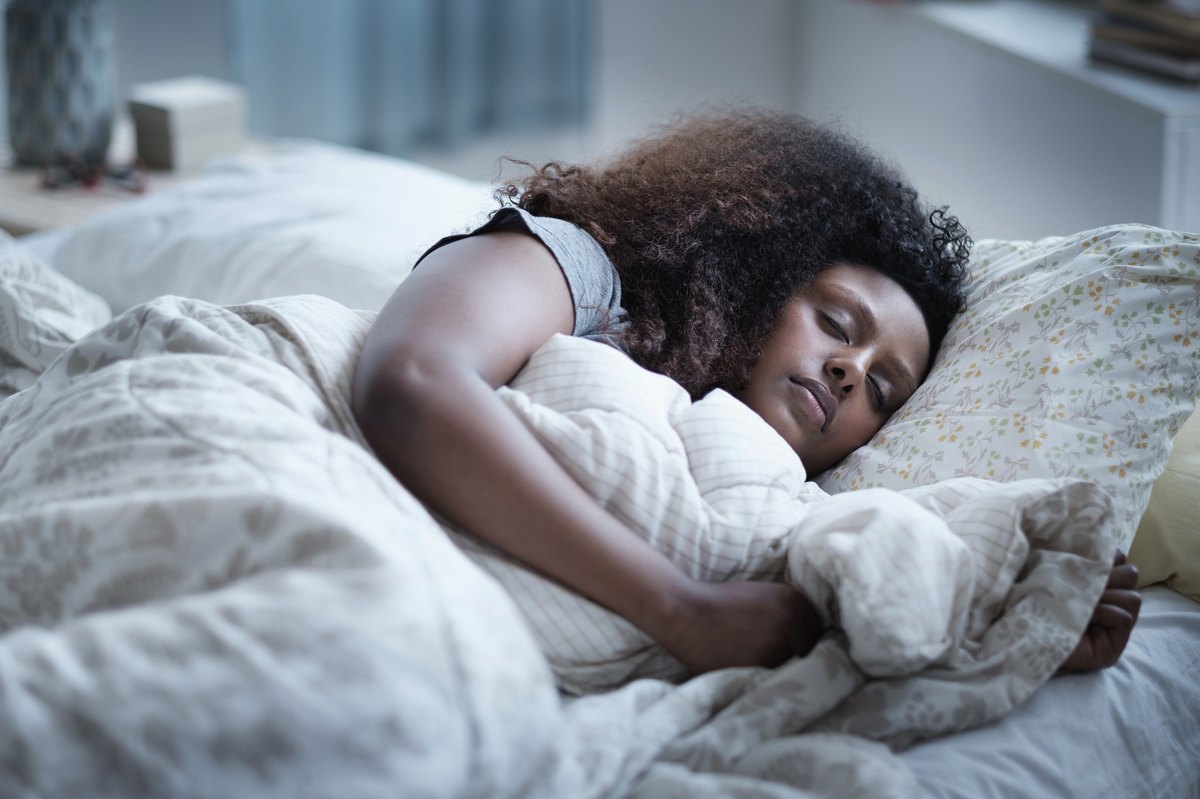
Advertisements
Video of the Day
“This is called a hypnic jerk, or a sleep start,” [Raj Dasgupta, MD](https://www.doctorrajd.com/about-raj), an assistant professor of clinical medicine at Keck Medicine of USC in Los Angeles, California, tells LIVESTRONG.com. “As you’re falling asleep, you get this feeling like a jolt of electricity." It’s not a seizure, and it’s a totally benign occurrence. And it's common, too — [up to 70 percent](https://www.sciencedirect.com/science/article/pii/B9780444529107000064#s0070) of people experience hypnic jerks (which are sometimes called hypnagogic jerks). You might also get the impression that you’re falling as you have them. While they’re nothing to worry about, they can serve as a clue that something’s off with your lifestyle or that you could use a little self-care. Here’s what might be going on:## 1. You’re Sleep-DeprivedWhen it comes to hypnic jerks, [sleep deprivation](https://www.livestrong.com/article/13720162-how-sleep-affects-your-body/) is the most common cause, Dr. Dasgupta says. “This might be that you’re not getting a good quantity or quality of sleep,” he explains. Poor quality sleep means you’re not getting the deeper REM stage of sleep that’s restorative. How can you tell? Despite being in bed — seemingly sleeping — for the seven to nine hours recommended by the [National Sleep Foundation](https://pubmed.ncbi.nlm.nih.gov/29073412/), you might [wake up feeling unrefreshed](https://www.livestrong.com/article/13721828-feeling-tired-after-sleeping/) and be sleepy during the day.To address sleep deprivation, make sure you're giving yourself enough time in bed in order to get the minimum seven hours — set a “go-to-bed” timer if it helps to remind you. Sleep hygiene, such as having time before bed for relaxing activities and staying away from screens (yes, that includes scrolling on your phone), is also important for sleep quality, Dr. Dasgupta says.
